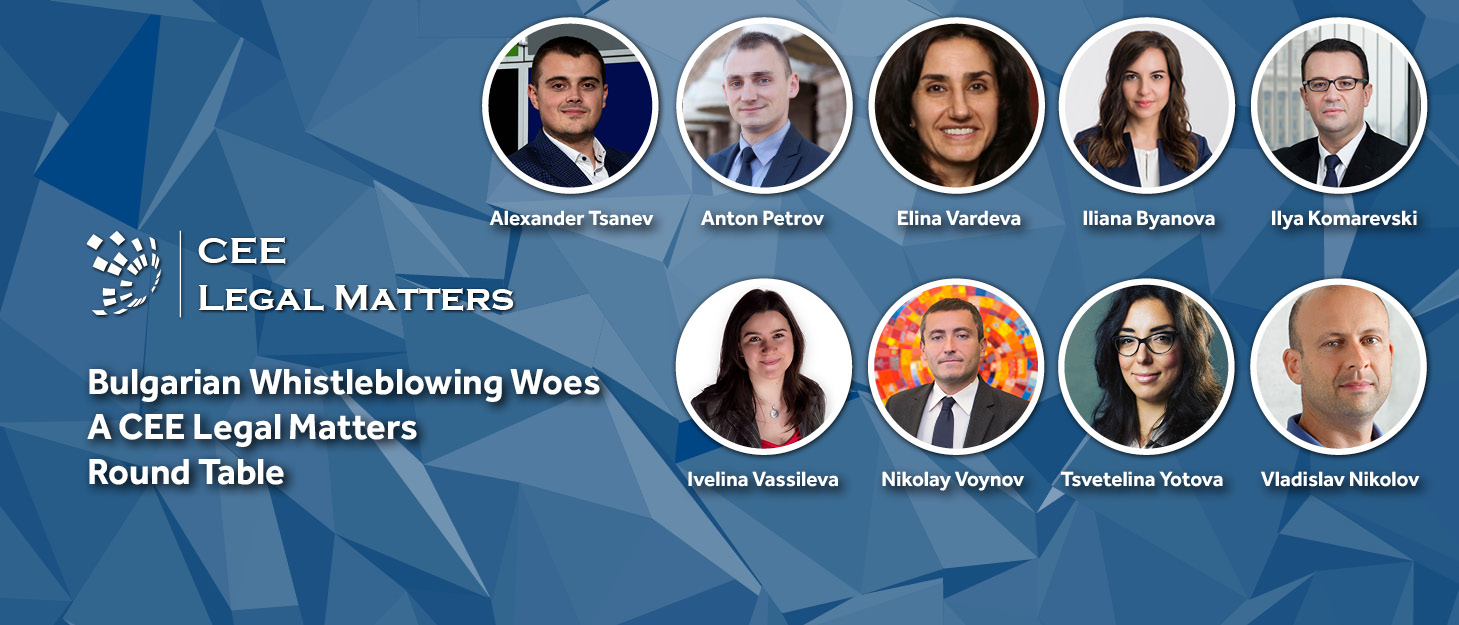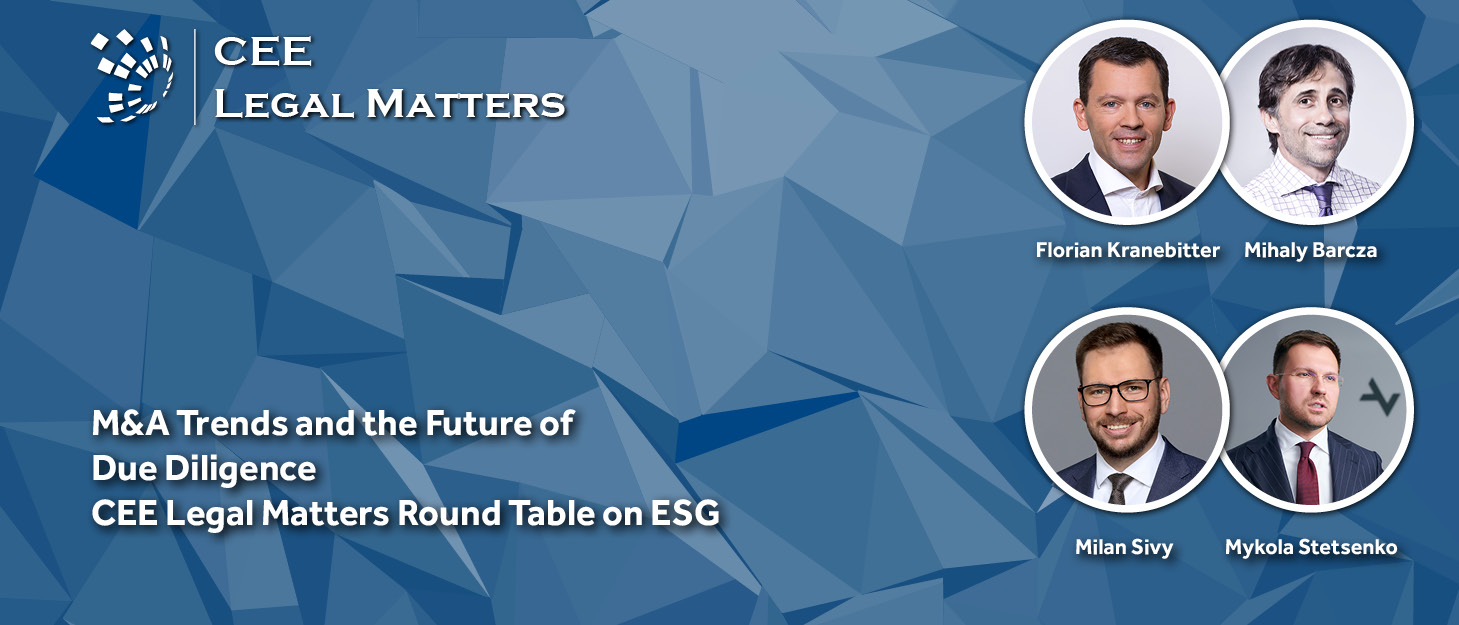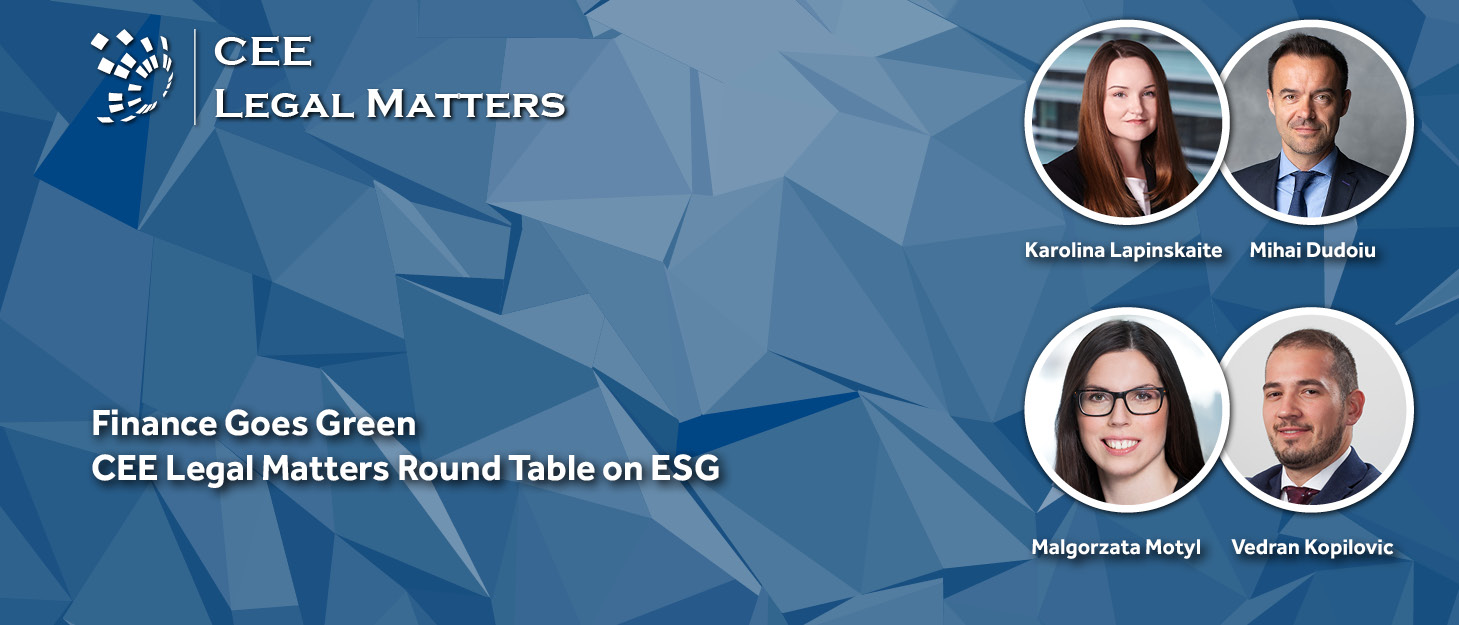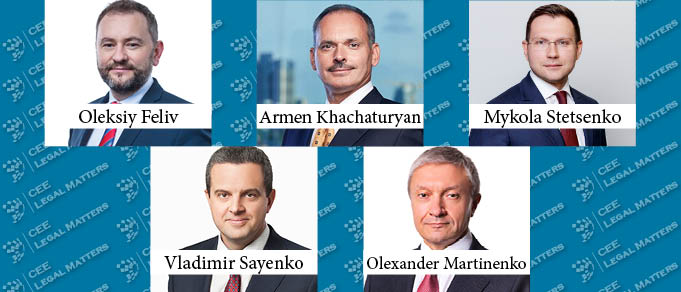In The Corner Office, we ask Managing Partners at law firms across Central and Eastern Europe about their backgrounds, strategies, and responsibilities. Keeping in mind last year’s complexities and the uncertainties ahead, this time we asked: Has your team shrunk or increased in the last 12 months and what are your expectations for 2023?
Editorial: Dear Radus,
Every magazine issue, I inevitably glance over the Letters to the Editors text: an invitation for our readers and contributors to critically engage with us and the articles we publish. Sadly, we get much fewer such letters than I’d like. Still, today I realized that – while they might not start with the customary Dear Editor – we do get a large number of emails that would fit the bill.
The Confident Counsel: The Path of Least Persistence (Part 1)
Lawyers know that business development requires a handful of sales skills, a pinch of luck, and a boatload of persistence. Freaking BD persistence… it’s a serious problem for all of us. We didn’t go to law school to do sales.
Bulgarian Whistleblowing Woes – A CEE Legal Matters Round Table
Hosted by Penkov, Markov & Partners, nine lawyers from Bulgaria – six working in-house and three in private practice – sat down for a round table conversation to discuss the EU Whistleblowing Directive and how it will impact companies in the country.
ESG Talks: M&A Trends and the Future of Due Diligence – A CEE Legal Matters Round Table
On July 7, four leading lawyers from Austria, the Czech Republic, Hungary, and Ukraine sat down for a virtual round table moderated by CEE Legal Matters Managing Editor Radu Cotarcea to discuss the increasing prominence of ESG issues and their impact on M&A transactions, due diligence procedures, and the role of the lawyers themselves.
The Confident Counsel: What’s Up with Those Slides?
When you get up to present at a conference, what is your goal? Since lawyers are addicted to billable hours, you are probably gambling some non-billable time with the hope of landing some legal work. To accomplish this, you want to sell yourself to potential clients as a competent, trustworthy, and mildly entertaining lawyer.
CEE Legal Matters Round Table on ESG: Finance Goes Green
On July 12, four leading lawyers from Croatia, Lithuania, Poland, and Romania sat down for a virtual round table moderated by CEE Legal Matters Managing Editor Radu Cotarcea to discuss the latest in ESG developments with a focus on green financing, its regional and local drivers and roadblocks, its impact on non-financial reporting, and what it all means for the legal profession.
The Confident Counsel: Enjoyable Networking
In December of 2021, I had the pleasure of attending the CEELM Winter Ball, a festive event filled with good food and great discussions. Although I truly enjoyed this opportunity to catch up with old friends, I also found it fascinating to observe lawyers operating outside of their office comfort zone by partaking in the mysterious ritual of networking.
Hard At Work: Ukraine’s Busy Legal Market
The Ukrainian legal services market has been buzzing with work in the first half of 2021. CEE Legal Matters hosted a round table conversation in which Partners at Asters, Avellum, Integrites, Kinstellar, and Sayenko Kharenko discussed the driving forces behind the workload and their outlook for the months to come.
Round Table: Examining the 2020 DOTYs
While the Dealer’s Choice Conference in London could not be organized this year in a safe manner due to current events, on July 20, 2021, CEE Legal Matters sat down with several of the event’s sponsors to take a closer look at the Deals of the Year award winners this year.
Romania Rebounding: A CEELM Round Table
On April 8, 2021, CEE Legal Matters sat with senior partners from four of Romania’s leading law firms for a Round Table conversation.
The Confident Counsel: The English Problem – A Misdiagnosis
The following situation would cause me to pull my hair out – if I had any left.
An Unusual Year in Review: Our Annual Expert Round Table
On December 15, 2020 CEELM gathered legal experts from across the region for its annual Year-in-Review Round Table conversation. In a wide-ranging discussion, participants shared opinions and perspectives on their markets, on strong (and less-strong) practices across the region, and the effect of the COVID-19 crisis on both, as well as on how technology is changing the legal industry, and what the industry will look like in 2021.
The Confident Counsel: Going Industrial – Writing Popular Articles
After billing 500 hours for the past month, you finally found some quality time to write an article for your loving clients. After you send it out, you watch your phone with bated breath, anticipating that avalanche of new business that’s just about to pour in. Then, nothing.
The Confident Counsel: Online Presenting – Connecting During Covid-19
Once upon a time, you were a pretty good speaker, dominating the law conference circuit. Now, you find yourself holding webinars in your pajamas. Things got weird, fast.
Contract Drafting: Business-Based Pitching
Everyone knows that law firm pitches are terrible, and nobody is happy about it – not the lawyers, not the marketing/BD teams, and definitely not the clients.
Tapping Capital: Sources of and Problems with Financing in the Hungarian Market
The Hungarian financial market finished 2019 in a strong position. Intrigued by what many have described as a “special” year, CEE Legal Matters sat down with several of the nation’s leading Banking/Finance lawyers at Lakatos, Koves & Partners’ offices in Budapest to learn more.
Contract Drafting: A Stylistic Comedy
When drafting an obligation in a contract, which of the following is the preferred format of your office?:


























